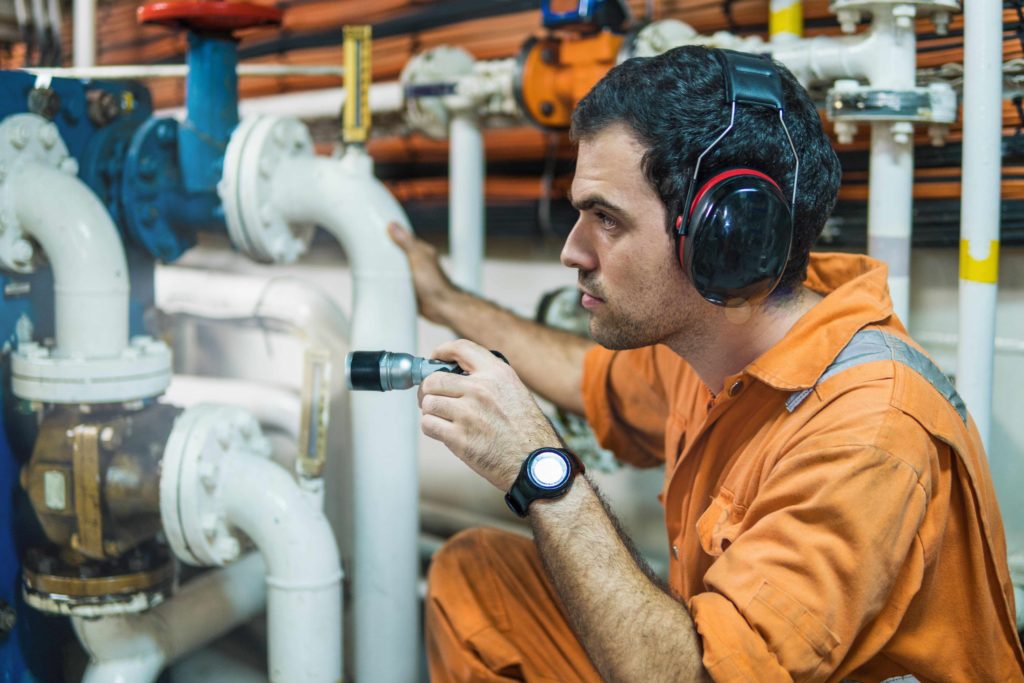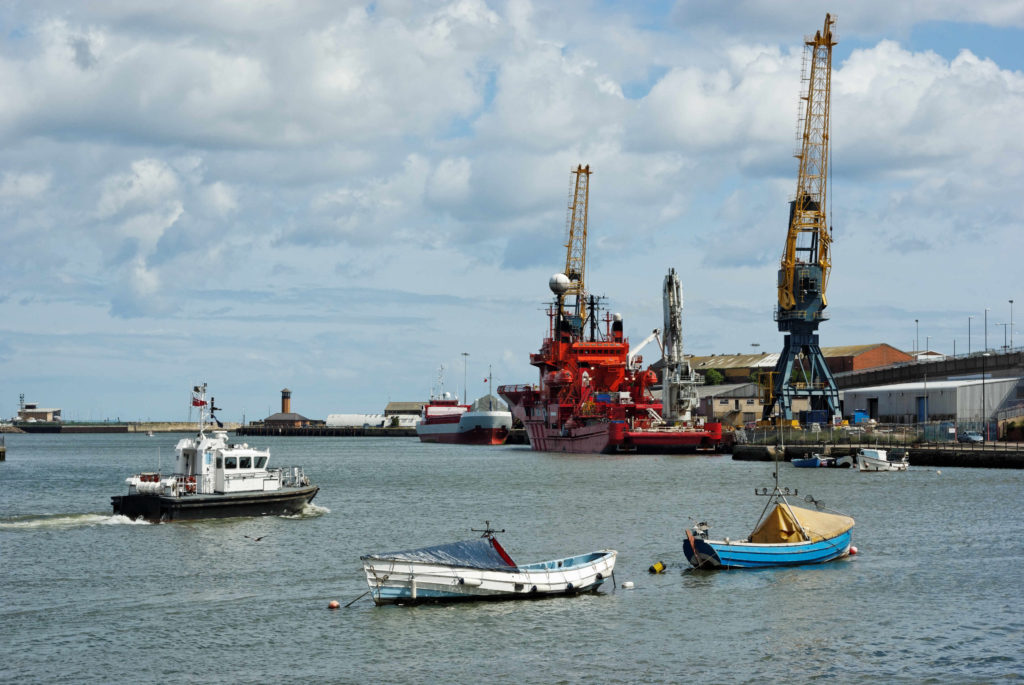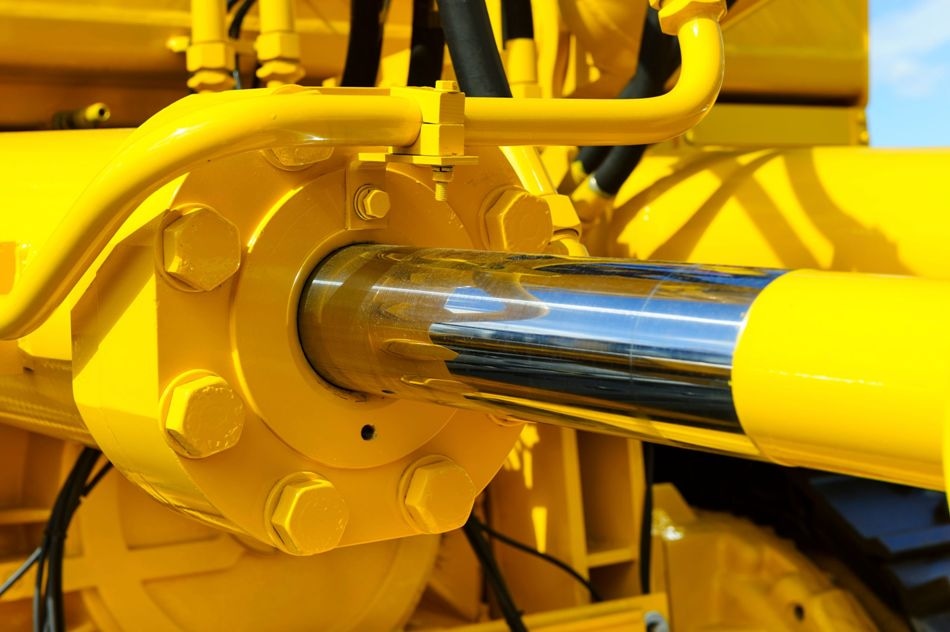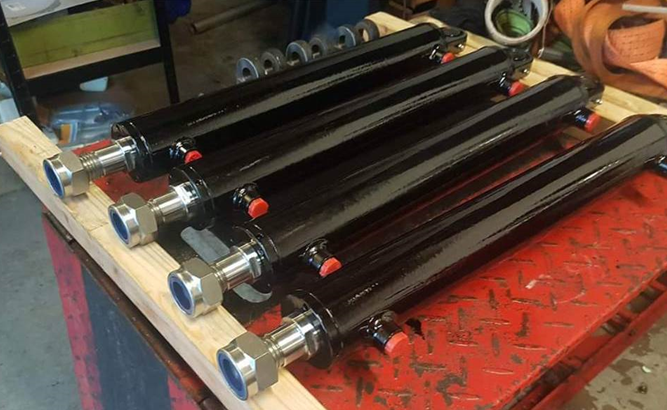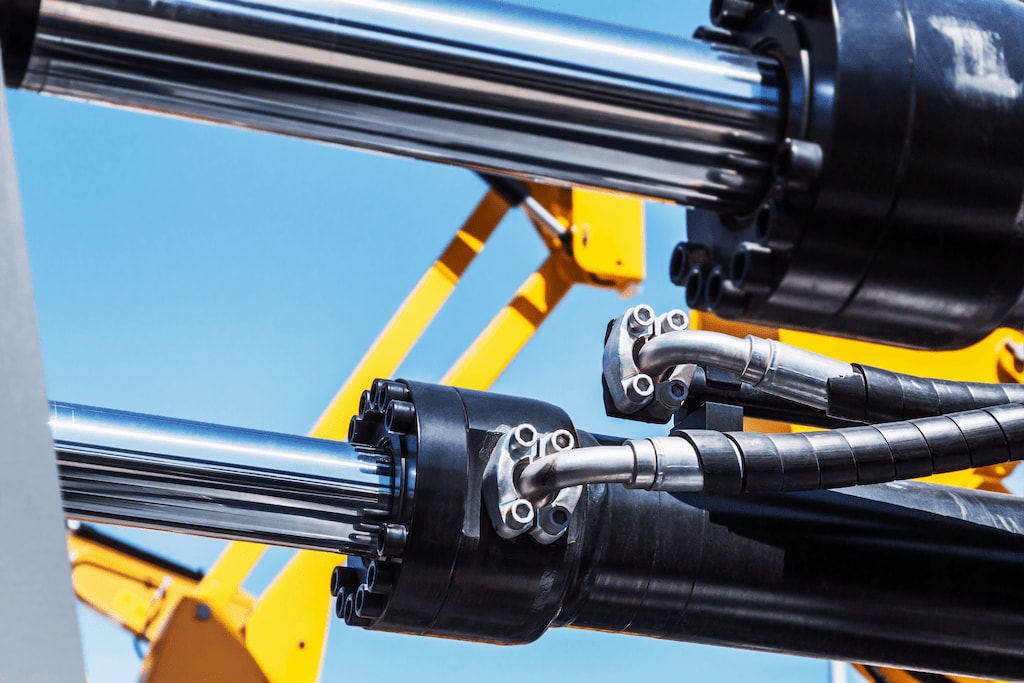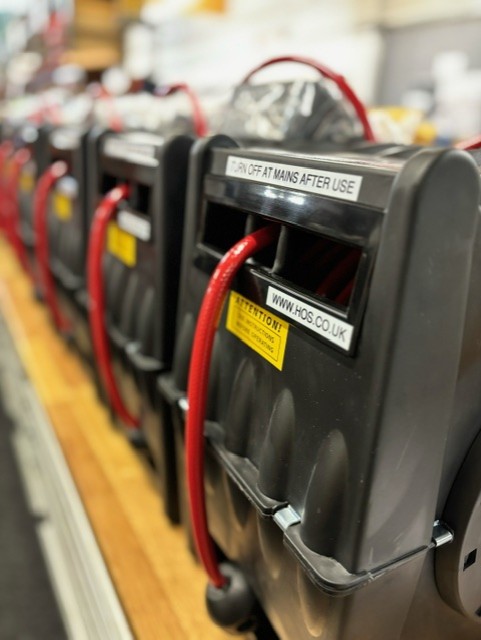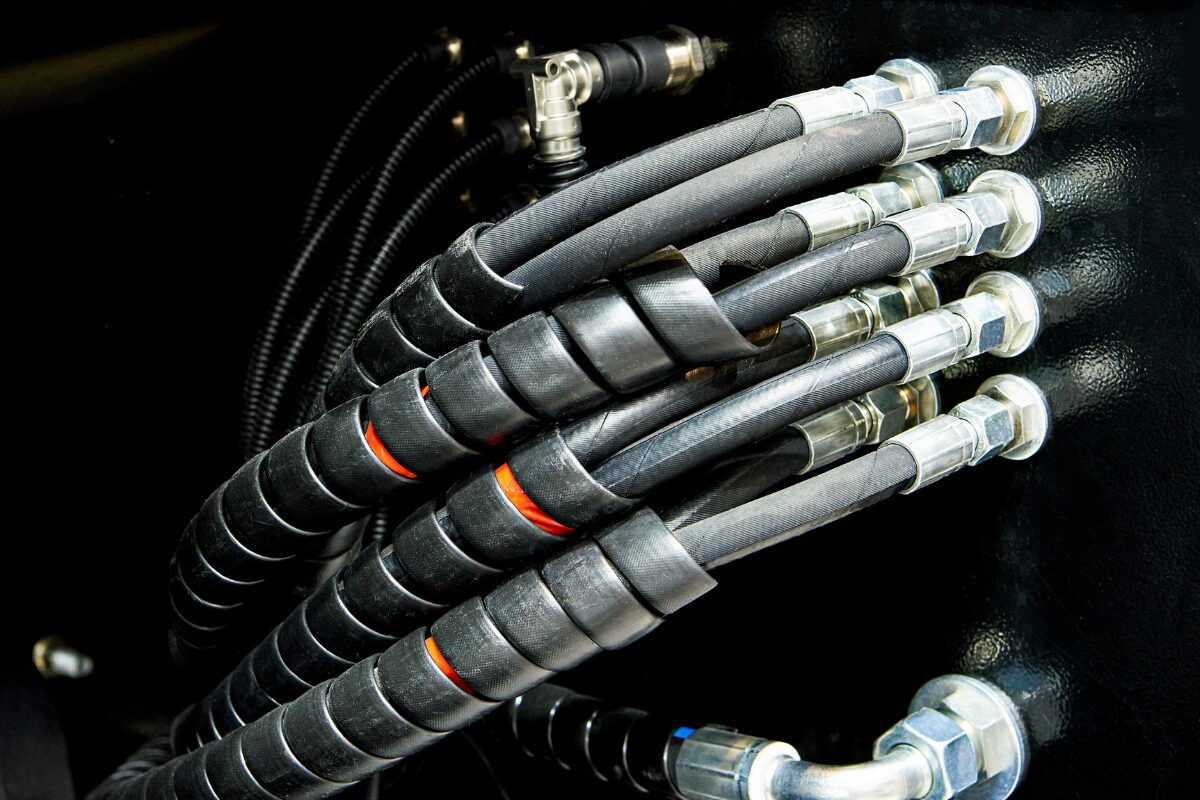What are the environmental impacts of hydraulic systems?
From factory floors to freight trains, hydraulic systems keep the world moving — but at what environmental cost? As demand for sustainability grows, the pressure is on to rethink how we power our machines.
/ 1
Driving sustainable innovation with hydraulic systems that are evolving for a greener future
Energy efficiency & climate impact
One of the most pressing environmental concerns surrounding hydraulic systems is their high energy consumption. Often powered by fossil fuels, these systems contribute to carbon emissions and climate change.
With sustainability now a global priority, the hydraulics industry is at a pivotal moment, one that calls for a shift toward energy-efficient solutions that reduce environmental impact without compromising performance.
Innovative technologies and smarter system design are emerging to meet this challenge. Optimising energy use is no longer optional; it’s a strategic move toward long-term sustainability and operational cost savings.
Rethinking hydraulic fluids
At the heart of every hydraulic system is its fluid, a vital component with significant environmental implications. Traditional hydraulic fluids often contain toxic additives, which can be harmful to both ecosystems and human health in the event of leaks or improper disposal.
The move toward biodegradable and less toxic alternatives is a major move in the right direction for advancement in sustainable hydraulic engineering. These eco-friendly fluids are designed to perform just as effectively, while greatly reducing the risk of long-term environmental damage.
Addressing water usage & contamination
Water plays a critical role in many hydraulic processes but also raises concerns when it comes to sustainability. Fluid leaks and system failures can result in water contamination, particularly in sensitive aquatic environments.
The volume of water used in hydraulic systems highlights the need for responsible management and conservation. Integrating water-saving technologies and improved containment practices is key to reducing the environmental impact.
Forward-thinking system design can also help minimise the risk of leaks and optimise resource use.
If you need help with system designs, contact our expert team who can help you today.
Industry-wide challenges & opportunities
Different industries face unique environmental challenges when it comes to hydraulics. In sectors like automotive manufacturing, agriculture, and construction, the scale and scope of hydraulic use varies, but so do the opportunities for innovation.
Analysing these sector-specific issues enables tailored solutions that promote cleaner operations without sacrificing power or precision. Sustainable hydraulics is not a one-size-fits-all approach, it’s about customising best practices to meet your industry’s demands.
Innovation for a sustainable future
The future of hydraulics lies in smart, regenerative, and sustainable technologies. From self-monitoring systems that optimise energy use, to regenerative solutions that recover energy during operation, innovations are transforming the way hydraulic power is delivered.
Sustainable hydraulic components, built for durability, efficiency and environmental compliance, are reshaping the industry. These technologies not only reduce ecological impact but also enhance system longevity and reliability.
Evolving regulations & compliance
Governments and international bodies are increasingly focusing on the environmental responsibility of industrial systems. As a result, new regulatory frameworks are being introduced to guide manufacturers and operators in reducing the ecological footprint of hydraulic equipment.
Compliance with these evolving standards isn’t just about avoiding penalties, it’s about aligning your business with future-ready practices that prioritise environmental stewardship.
Best practices for environmental responsibility
Reducing the environmental impact of hydraulic systems begins with a proactive approach. Best practices in system design, maintenance, and end-of-life planning are essential.
Regular inspections, the use of high-quality components, and responsible fluid handling can dramatically cut down on leaks, inefficiencies, and waste. Sustainability doesn’t have to be complex.
With expert guidance and the right strategy, any operation can become more environmentally conscious while maintaining high performance.
Partnering for a greener tomorrow
As hydraulic systems continue to power essential industries, the call for sustainable solutions grows louder. The path forward lies in balancing strength with responsibility, combining innovation, awareness, and action to reduce environmental harm.
We’re proud to support businesses in building smarter, cleaner hydraulic systems. Whether you’re upgrading a single hose or overhauling an entire system, we’re here to help you make decisions that are both powerful and planet-friendly.
For more information on hydraulic systems, contact our sales team who are happy to answer any queries.
Contact Our Team


